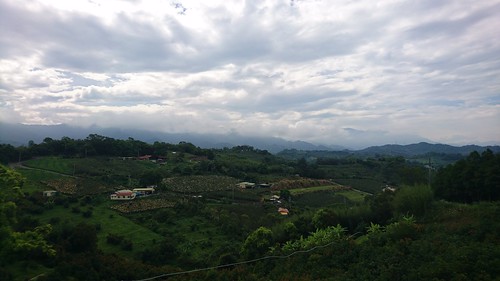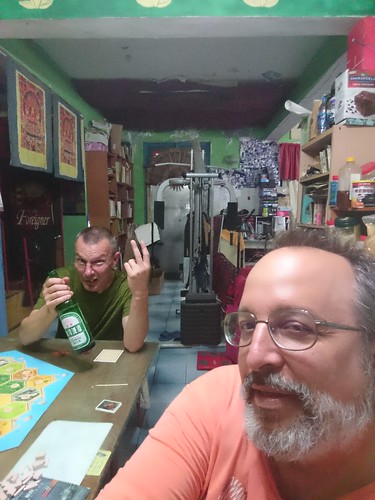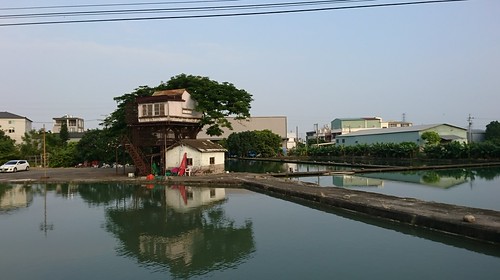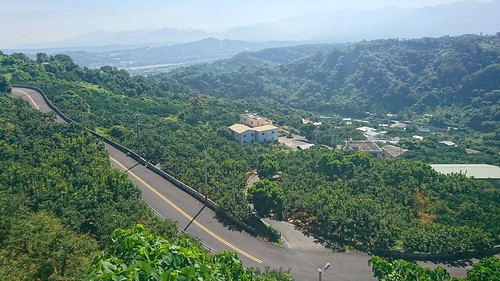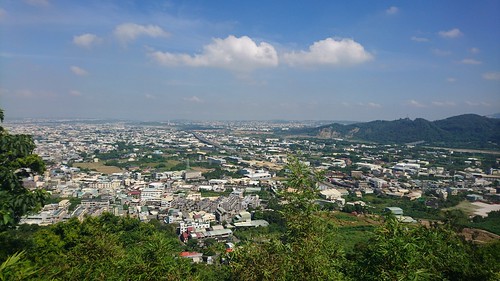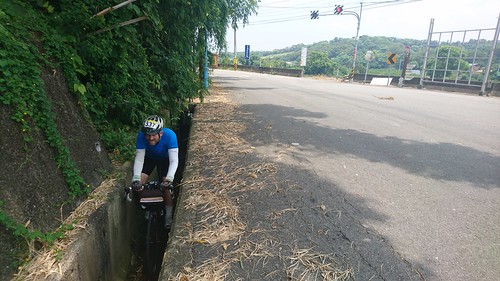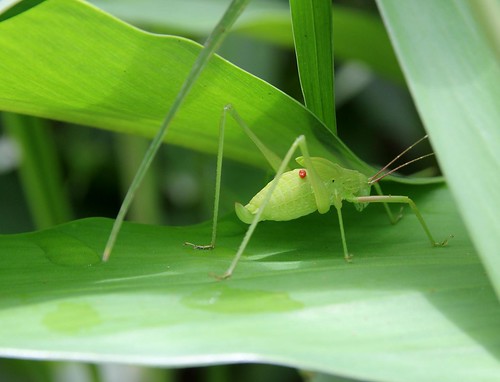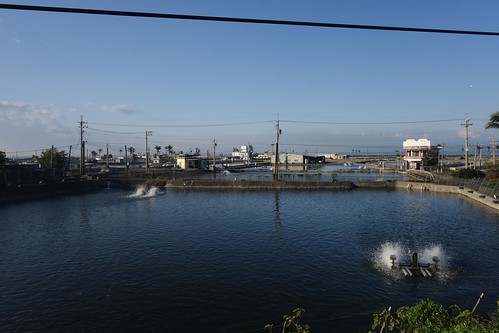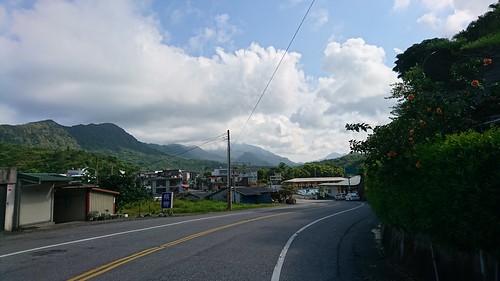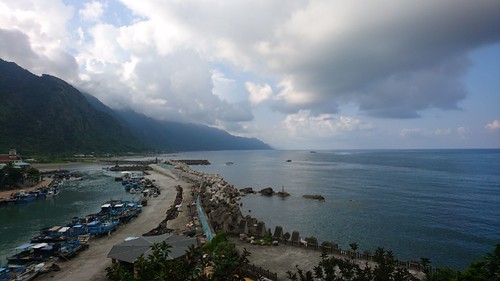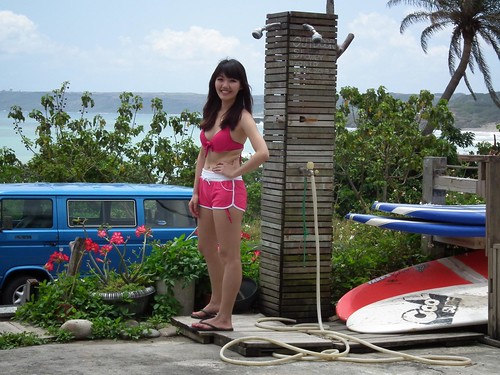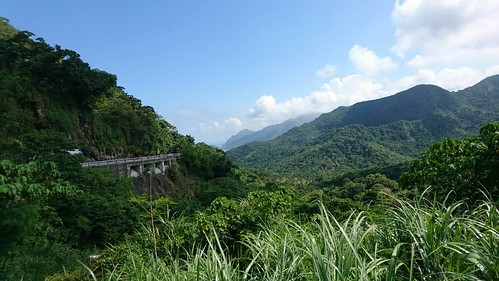Heading back here soon....
The LA Times ran a hit piece on President Tsai today. How did I know how much it sucked? Three friends whose PHD work is on Taiwan politics issues sent it to me with WTF? texts. If the LA Times is ever puzzled as to why democracy is on the decline in the world or how President Trump got elected, it need merely examine its editorial posture. Why O why don't we have a better media...
After some opening boilerplate, the writer, Ralph Jennings, observes:
Tsai’s approval rating sank to 33% in June, down from just over 39% a month earlier. That puts her in politically dangerous territory, below even the historic low ratings that U.S. polls show for President Trump.
As I pointed out ages ago in my column in Taiwan News, the proper context for assessing Tsai's approval rating is Taiwan and its Presidents.
Comparing her to Trump is simply a gratuitous troll which indicates the obvious anti-Tsai slant of the piece.
I admit it was kind of Jennings to signal his position so early in the text, so that rational readers could leave immediately. After all,
we'd already read this a year ago in the South China Morning Post from Lawrence Chung, whose political preferences will be obvious to longtime readers, and don't need the deja vu. Hint: when you're mimicking the pro-Beijing media, there's a problem...
Contextualized properly, Jennings should have asked: what were (previous President) Ma's approval ratings? After the initial euphoria, Ma fell into the low 20s and basically hung there until July of 2009, when he climbed back to the high 30s thanks to a stock market rally and other transient factors. In Aug of that year, readers may recall, Typhoon Morakot visited the island, and Ma
wrecked his approval ratings more or less permanently by his incompetent, dilatory, and inane response to it.
"Dangerous territory"? Be serious. Ma got re-elected with much lower approval ratings. Note that Jennings adduces not a single Taiwan-based fact to show that her poll numbers are "dangerous". This is just editorializing disguised as "reporting".
Jennings continues...
Tsai has kept the peace, as promised, but relations with China have been tense, and Beijing has taken steps to undermine its Taiwanese rival. China has claimed sovereignty over self-ruled Taiwan since the Chinese civil war of the 1940s, but Taiwan — with tacit U.S. support — has resisted unification.
This is actually not a bad version of The Formula even though it does not assign a cause to cross-strait tensions -- those mysterious tensions that are the Augustinian Uncaused Cause of cross-strait cosmology -- and as he usually does, Jennings notes further down that most Taiwanese want independence. Kudos to him for that.
Many Taiwanese see Tsai’s policy as one of inaction, not stability.
“The government has taken a very negative attitude on mainland China policy,” said Ku Chung-hwa, a standing board member with the Taipei-based watchdog group Citizen Congress Watch, which advocates transparency in government. Despite Beijing’s demands to come to the table as a unified China, he said, “Tsai has nothing to say. This stalemate is typical of a cold war.”
This paragraph is one of my favorites in this piece. Jennings sources this quote not from a public pollster, an academic who focuses on public opinion, or someone familiar with conditions island-wide, but from a professional government critic whose specialization is the legislature, not foreign policy. If you need a critical quote, that's the guy to go to. Smart.
You could even reverse the order of nouns in that first sentence: Many Taiwanese see Tsai's policy as one of stability, not inaction. Without a number, "many" could mean anything... and means nothing.
After noting the horrible blow of Panama's defection, LATimes scribes:
The Taiwanese Public Opinion Foundation said its surveys show that 58% of respondents are dissatisfied with the president’s handling of China. About 60% want eventual independence. (Although Taiwan is functionally independent from China now, it exists in legal limbo and is recognized by only a few countries.)
(Love that comment in parentheses: no country recognizes Taiwan. They that recognize "Taiwan" all recognize the ROC as the official government of China.)
The major issue here is not the poll numbers (
other outfits have similar numbers) but the timing and of course, the major omissions. Yes, of course Tsai's policy is going to be the subject of angst after a diplomatic setback. That's natural. But if you look at the polls prior to that (and I expect after it), support for her cross-strait policies is strong. See this
MAC poll, for example, or
this poll after the WHA debacle.
Jennings simply timed the piece to take advantage of the angst. Smart.
This is followed by a farrago of bullshit:
Those who prefer dialogue with China believe it could minimize the risk of conflict and extend trade and investment ties that Tsai’s predecessor had facilitated. Trade reached $121 billion in the year just before Tsai took office and tourist arrivals from China numbered a record 3.3 million in 2016.
"Those who prefer dialogue with China..." is just.... twisted. Of course the Tsai Administration wants dialogue with China (and quietly engages in it). Everyone on all sides of the debate wants dialogue with China, everyone on all sides believes dialogue minimizes conflict -- it is Beijing that has consistently refused to talk. Jennings simply fails to properly contextualize: this paragraph actually refers to "those who want dialogue with China
at the price of conceding that Taiwan is part of China". The people making these claims are,
as polls show, a solid minority: 70% do not want Tsai to recognize the one China principle (
59% here in 2016 poll just prior to her inauguration, with same minority). Most of this minority vote KMT, which of course goes unmentioned here. These are not people with sane alternatives: they are the pro-China opposition.
Another misrepresentation is the trade number: Jennings simply puts an isolated number there, and never informs the reader that the Ma Administration killed trade growth with China and flooded the island with imports from China. The $121 billion trade "reached" was not only a decline from the $130 billion peak in 2014 but occurred amidst a collapse in Taiwan's trade surplus with the authoritarian state across the water. The key issue, ECFA's destruction of Taiwan's trade surplus, is never mentioned in the international media. These failed policies of Ma hurt Taiwan and helped put Tsai in power. Last year
I noted:
In 2010 Ma Ying-jeou’s government signed the ECFA with China, an agreement promoted and now touted by journalists who largely live outside Taiwan. Almost immediately trade with China began to stagnate. After slumping in 2009, two-way trade recovered to $112 billion in 2010, and then hit $127 billion in 2011. After ECFA? It hovered in the $120 billion range, finally clambering to $130 billion in 2014 before plummeting to $115 billion last year. At present, thanks to China’s slowing economy, trade is now lower than before the “landmark” ECFA agreement came into effect.
Thus, Jennings never reports to his readers that the People Who Want Dialogue With China are people who supported trade and tourism policies that failed to produce meaningful economic gains.
But why report complex and interesting facts, when it is so much easier to produce an anti-Tsai construction?
Finally, buried at the bottom, is the reality. Must have been painful to have been forced to write this:
The president has played up economic policy such as infrastructure spending and time-off requirements for workers. The economy is expected to grow by about 2% this year, up half a percentage point from 2016, and manufacturing output is expected to exceed that.
Trade with China grew to $133 billion from April 2016 to April 2017, mostly under Tsai’s watch.
Oh yeah. Tsai's policies are actually more successful at the moment than Ma's had been just before her. Imagine if this had been located at the beginning of the piece -- it would have been impossible to write it with a strong anti-Tsai slant. Jennings at least wisely concedes that falling poll ratings don't really mean anything for her actual support, but that too is buried at the bottom. Should have been first...
Falling ratings are a structural issue. Here is
how I put it last year when her ratings first began to fall....
The key point is this: the slumping ratings mean little by themselves. Instead, they reflect the intersection of Taiwan's identity politics and Taiwan voter expectations. At first happy with the possibility of change, light blue and light green middle of the road voters will gradually ooze into the dissatisfied camp as the pace change slows for the particular issues they are interested in, while iron minorities in the Blue and Green camps stake out positions on either side. It will come as no surprise to this writer if Tsai ends up with 20-30% satisfaction ratings at the end of the first term, essentially the proportion of Green voters who will always be satisfied with Tsai, yet gets re-elected and her party with her. In the TISR polls before the 2012 election Ma Ying-jeou consistently polled under 30% yet comfortably won re-election. It is not difficult to foresee the same pattern with Tsai – a smaller victory, with a few surprising regional defeats. Similarly, the legislature is perennially one of the lowest-rated branches of the government in Taiwan (and in many democracies), but most legislators receive multiple terms. Low ratings appear to be little impairment to re-election, while high ratings guarantee nothing – Chen Shui-bian's ratings as mayor of Taipei were generally excellent, but he was decisively beaten in 1998 by Ma Ying-jeou.
But I guess it is easier to write clickbait articles saying ZOMG TSAI IS GIVING TAIWAN THE SADZ than to rationally interpret the meaning of the ratings. I mean, how can you pitch a piece saying "Tsai's falling ratings are essentially temporary and meaningless and her economic polices are doing well in the current global economic conditions, and she keeps her mouth shut, works closely with Japan, and hasn't pissed off the US"... Nope: reality makes poor clickbait.
Hey thanks, LA Times, for turning the president of an allied democracy into a clickbait prop.
You suck.
ADDED: for contrast, try this piece
from Ketagalan from a credentialed scholar on Taiwan politics on Tsai's first year..
UPDATED: I've posted on Tsai's satisfaction ratings in the Taiwan context
here.
UPDATED:
Taiwan Sentinel also ran a piece on this hit piece.
_______________________
[Taiwan] Don't miss the comments below! And check out my blog and its sidebars for events, links to previous posts and picture posts, and scores of links to other Taiwan blogs and forums!
